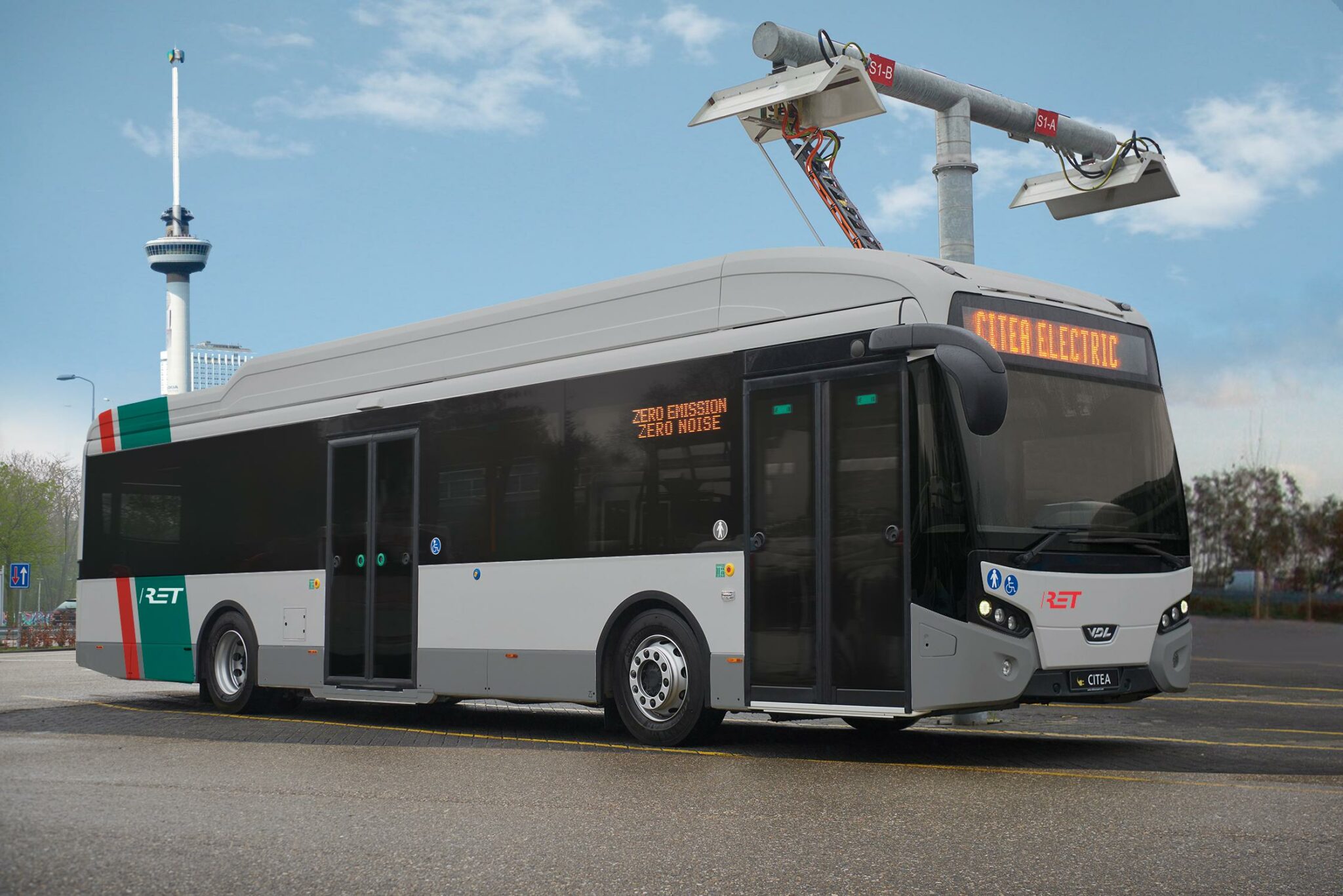Bulawayo should consider upgrading its public transport system by adopting alternative fuel vehicles, which are cheaper and efficient to run than fuel powered vehicles.
This idea was presented at a recently held Bulawayo Investment Conference, which looked at opportunities on how the city can harness new investment opportunities to grow its economy.
The city`s public transport system is in disarray with commuters complaining of poor service delivery.
The public transport sector is also plagued with fuel shortages and commuters also have to endure fare hikes from time to time.
Lance Nesbitt, a business person with links to the Brazilian electric bus manufacturers called Electro, explained that it may sound like a foreign idea to adopt electric vehicles but in the long run would become a practical idea to cut down on fuel costs.
“Hybrid-pure electric buses are designed with a rack of batteries installed on the roof,” said Nesbitt.
“These buses are driven by power from the batteries which recharge themselves by the movement of the bus. In doing so they are saving on fuel emissions and consumption by 30%.”
He said it will not be easy to adopt hybrid-pure electric buses due to their exorbitant costs but they are necessary for a city like Bulawayo.
“We have gone backwards with our transport, instead of moving forward. We have seen a degeneration of our public transport to the point where we have no choice but to use Honda Fits,” said Nesbitt.
“It may cost a lot of money to implement this new system in the city but we need a system that can take Bulawayo and put it 20 years ahead.”
He said hybrid-pure electric buses are energy sufficient and clean for the environment compared to diesel and petrol run vehicles.
“These buses have a life span of 30 years which is three times higher than a diesel run motor,” said Nesbitt.
“We are talking about a long-term investment but in the end, it will pay off.”
The businessman said the hybrid-pure electric buses will also provide employment in the city if they were to be considered.
“There can be assembling plants in Bulawayo and some of the parts can be manufactured in the city,” said Nesbitt.
He added: “Minibus drivers that had lost their jobs could also be incorporated and drive these buses.”

